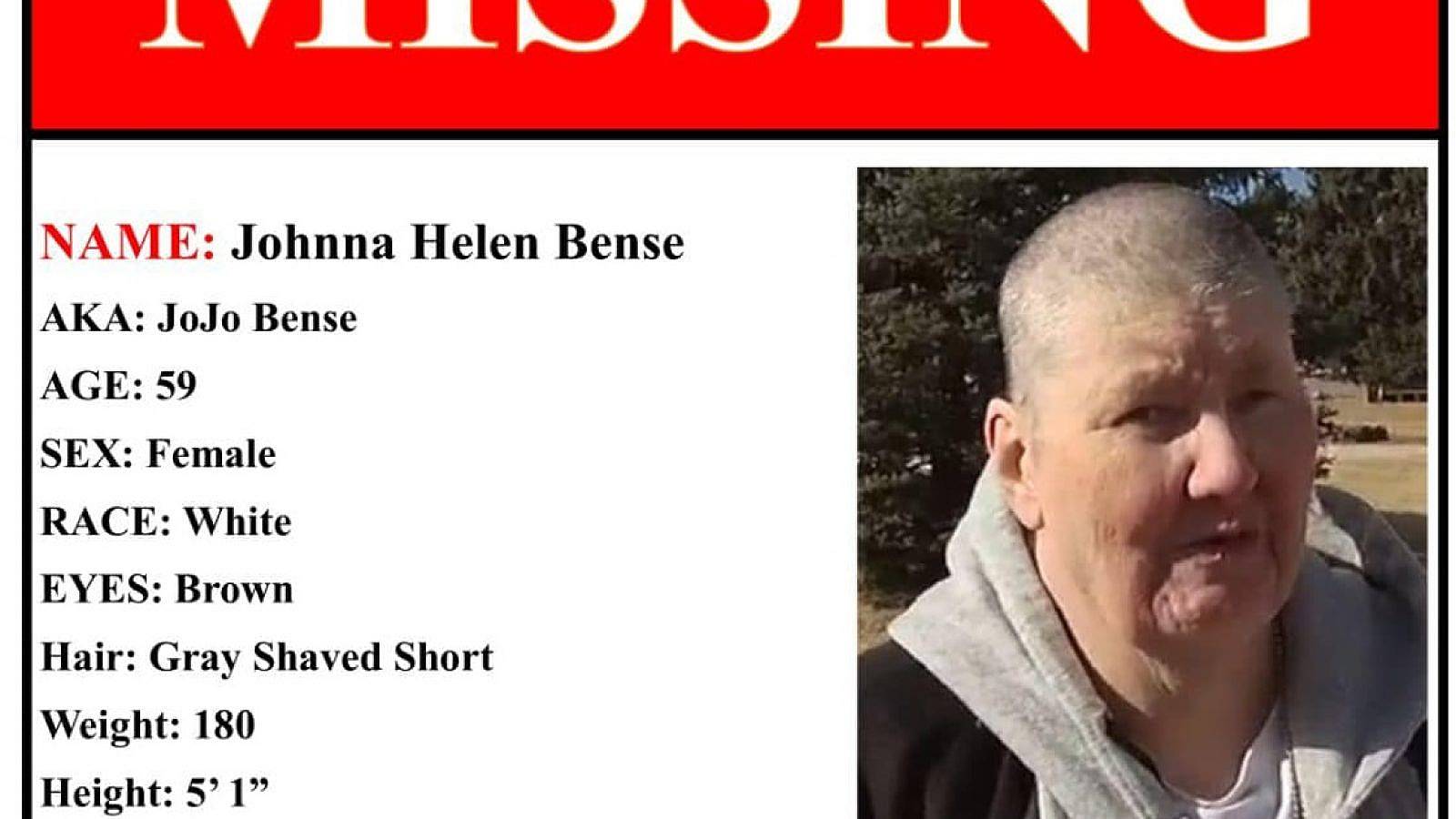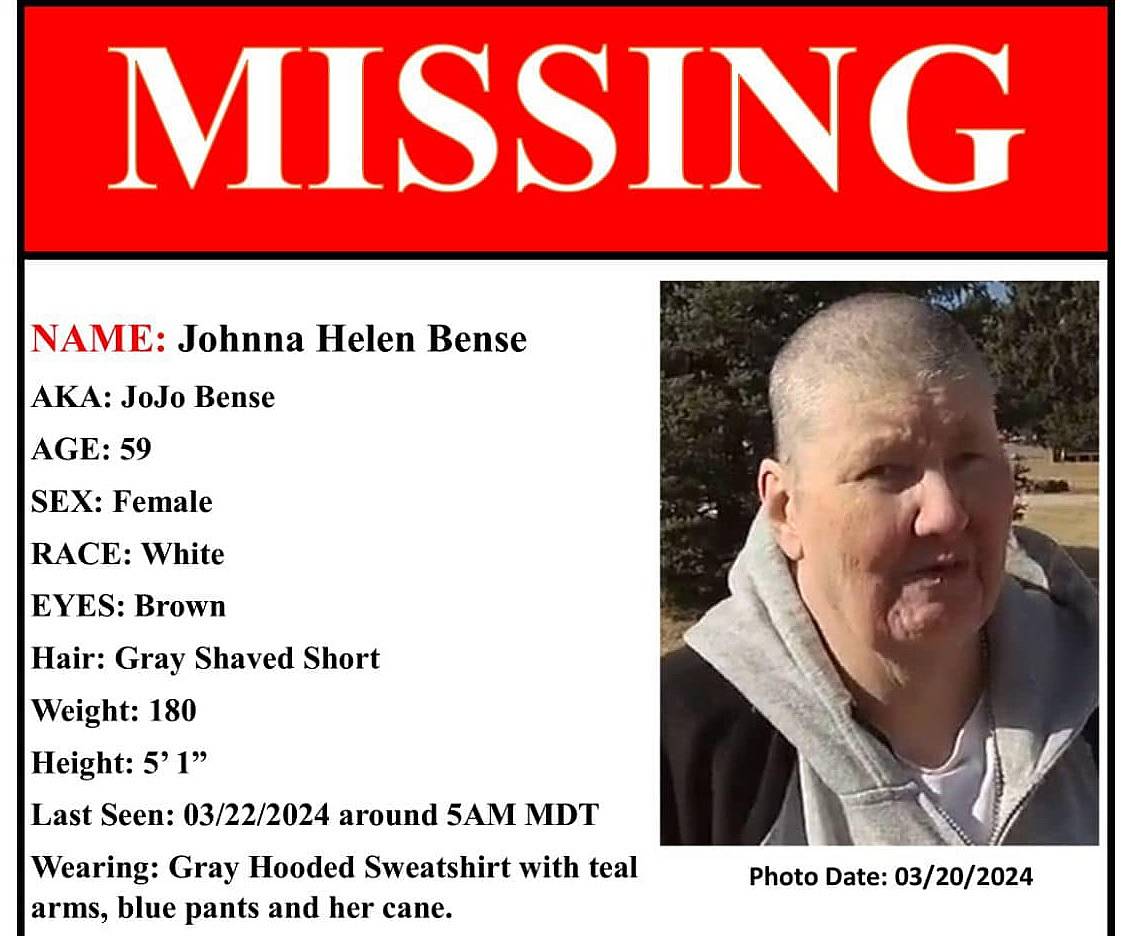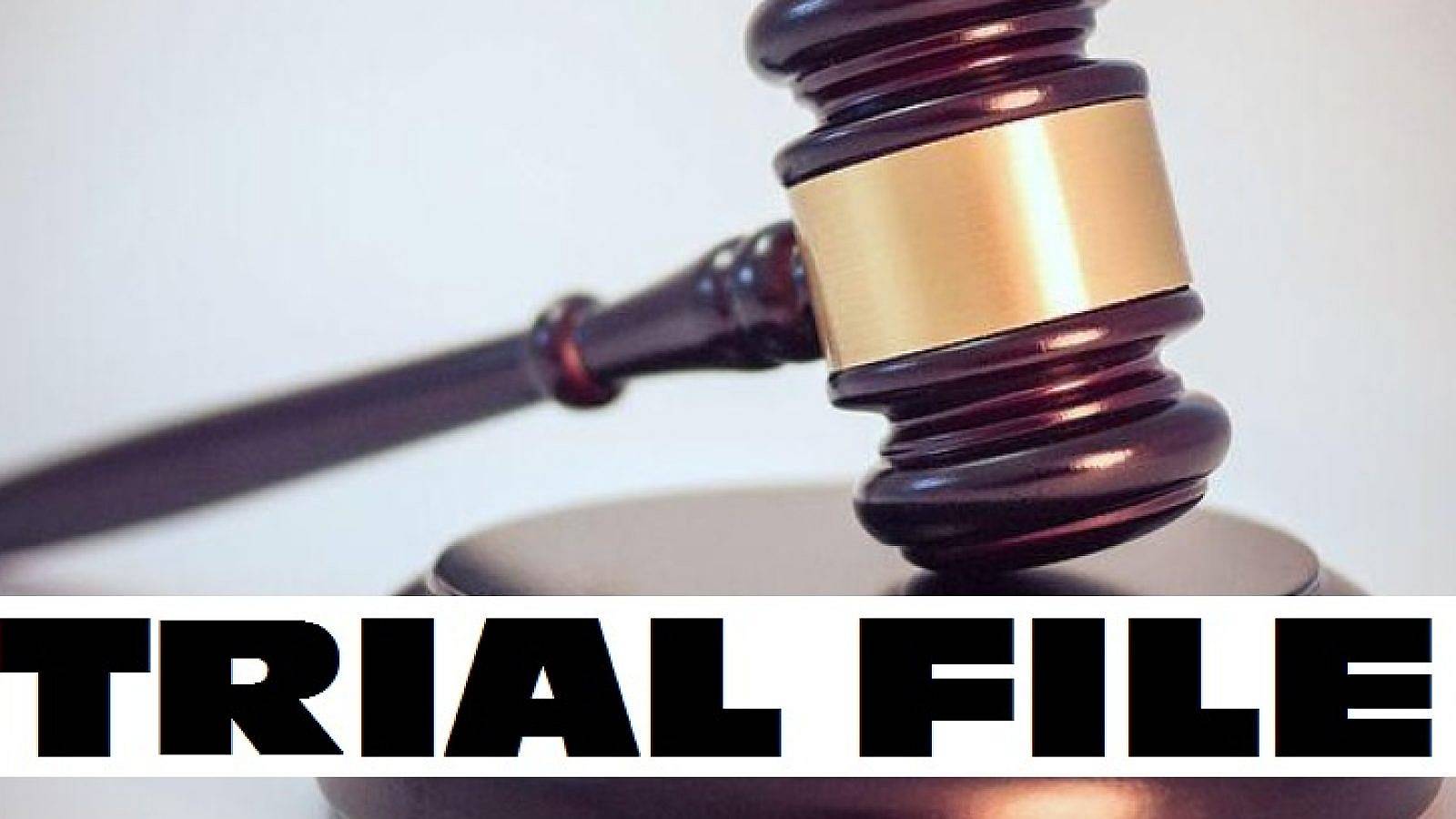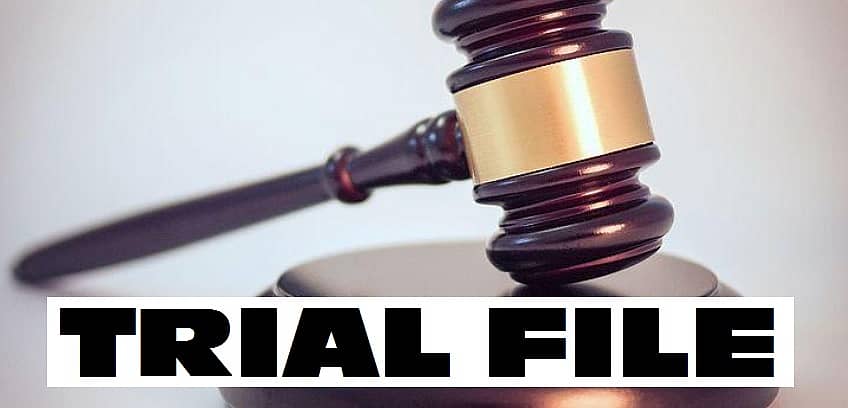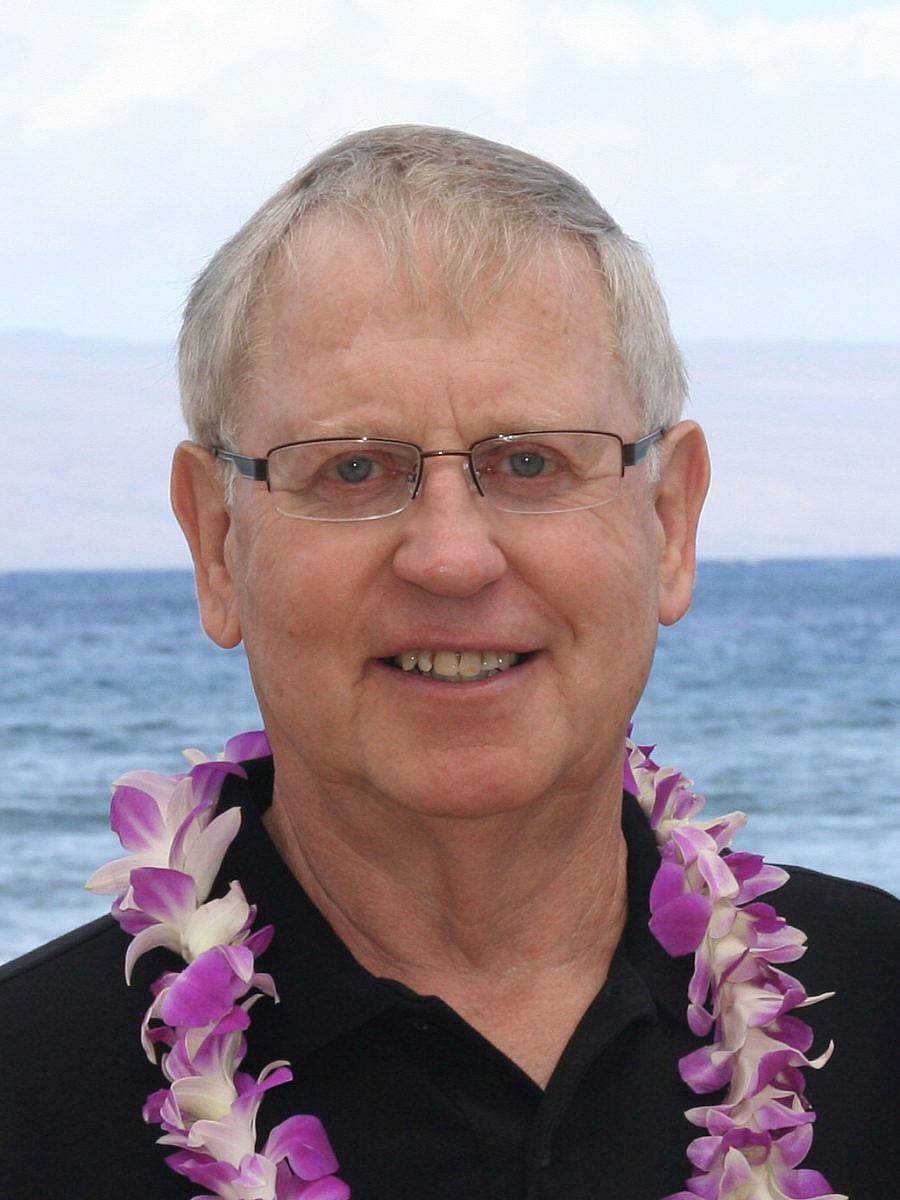UNDATED – A majority of South Dakotans believe the state’s abortion ban is too restrictive and feel that voters should determine the legality of abortion access rather than the state Legislature, according to a statewide poll sponsored by South Dakota News Watch.
The poll of 500 registered voters showed that a majority (57%) of respondents support allowing legal access to abortion medications in the state, including 42% who “strongly support” such access. Nearly two-thirds (65%) said they support having a statewide referendum to determine South Dakota’s laws regarding reproductive rights.
More than three-fourths (76%) of those polled support allowing legal abortion in cases of rape and incest, an exception not currently allowed under South Dakota’s laws, among the most restrictive in the nation following the Supreme Court’s decision to overturn Roe vs. Wade in June.
The random survey was conducted July 19-22, 2022, by Mason-Dixon Polling & Strategy and contacted voters in all South Dakota counties by landline and cell phone; it was co-sponsored by News Watch and the Chiesman Center for Democracy at the University of South Dakota. The margin of error is plus or minus 4.5%.
The recent landmark U.S. Supreme Court ruling in Dobbs vs. Jackson’s Women’s Health Organization removed the federal constitutional right to an abortion, leaving it up to states to determine legality and access. South Dakota had a “trigger law” from 2005 that took effect, making it a Class 6 felony for anyone “who administers to any pregnant female or prescribes or procures for any pregnant female” a means for an abortion, except to save the life of the mother. The crime is punishable by two years in prison, a $4,000 fine, or both.
“That’s the reality we’re living in right now,” said Rick Weiland, whose Dakotans for Health organization plans to put a constitutional amendment on the ballot in 2024 to legalize but regulate access to abortion in South Dakota. “I do think recent events have galvanized a segment of people who haven’t engaged in the past because now they see their rights being taken away.”
The poll also showed that nearly 8 in 10 respondents (79%) oppose criminal penalties for anyone who helps a South Dakota resident obtain an abortion where it is legal, such as in a neighboring state. An overwhelming majority (71%) also support permitting South Dakota residents to leave the state to obtain abortions.
Dale Bartscher, executive director of South Dakota Right to Life, declined an interview request from News Watch but was quoted by the Washington Post recently as saying he was “very interested” in preventing South Dakota residents from accessing abortion in other states.”I’ve heard that bantered about across the state of South Dakota,” Bartscher told the Post.Gov. Kristi Noem had no comment on the poll results when contacted through her office by News Watch.
Some voters balk at government involvement
The poll revealed no significant differences in responses based on age, gender or region of the state. Though there were partisan differences, a majority of Democrats, Republicans and Independents support holding a statewide abortion referendum; support legalized abortion in the cases of rape and incest; and support allowing residents to leave the state to legally seek abortions in other states.
The majority of respondents in both parties also oppose criminal penalties for those who help individuals obtain an abortion in a state where it is legal.
Julia Hellwege, an associate professor of political science at the University of South Dakota, said that bipartisan agreement is likely attributable to shared distaste for too much government intervention rather than any sort of moral agreement on abortion.
“It’s important to note that (the poll) is differentiating the action of having an abortion versus criminalizing the action and role that the state should play,” said Hellwege, who serves as director of the Government Research Bureau at USD. “If the question was simply ‘do you support abortion?’ or ‘would you have one yourself?” there would likely be different results. These questions were about the state’s role, and a lot of South Dakotans, as it shows, don’t support the state intervening in the circumstances that were presented.”
Weiland, a former Democratic candidate for U.S. House and Senate, said he was encouraged but not surprised by the results. He said the responses show that abortion restrictions supported by Noem and the Republican-controlled Legislature are not representative of the general electorate.
“There’s been tremendous overreach,” said Weiland. “But the court threw it back to the states, and it’s reassuring that people in South Dakota want it decided by a ballot initiative and not by the governor or state Legislature. That’s exactly what we’re proposing to do.”
The constitutional amendment proposed by Dakotans for Health would prevent the state from regulating abortions during the first trimester. During the second trimester, the state could regulate “the abortion decision and its effectuation only in ways that are reasonably related to the physical health of the pregnant woman.” After the end of the second trimester, abortion could be regulated or prohibited except to preserve “the life or health” of the mother.
Weiland said the effort would return South Dakota’s abortion laws to where they stood before Planned Parenthood v. Casey, a landmark 1992 Supreme Court ruling that upheld the basic tenets of Roe while broadening the ability of states to regulate abortion with provisions such as waiting periods.
Dakotans for Health, which can legally start collecting petition signatures on Nov. 5, has a stated goal of collecting “60,000-plus” signatures using both volunteers and paid circulators to get the measure on the ballot for 2024. The threshold for signatures will be 10% of the total vote in the upcoming gubernatorial election (about 34,000 signatures using the 2018 election as a guide).
It wouldn’t be the first time South Dakotans have gone to the ballot box to determine state abortion laws. In 2006, the Legislature passed a law to ban all abortions except those done to save the life of a pregnant woman. The measure was signed by then-Gov. Mike Rounds, but opponents gathered enough signatures to refer it to the ballot, where it was defeated with more than 55% percent of the vote.
Two years later, voters rejected by a margin of 55% to 45% a ballot initiative that would have banned all abortions in the state except in cases of rape or incest or “to preserve the health or life of the woman.”
Weiland sees those votes – combined with recent polling – as evidence that South Dakota’s electorate is not as conservative on cultural issues as the state legislature, setting up a battleground between direct democracy through ballot initiatives and representative democracy through legislative action. Similar clashes will likely play out throughout the country, particularly in the 26 states that have initiative processes at the statewide level.
“South Dakota was the first state in the country to embed in its constitution this citizen initiative process,” said Weiland. “And here we have a very red state that has demonstrated on a number of ballot measures – from payday lenders to minimum wage to cannabis – that the voters are pretty independent when it comes to these proposed public policies.”
Battle lines drawn as midterm election nears
Hellwege noted that 49.5% of the state’s registered voters are listed as Republican, compared with 90 percent of state legislators. The fact that that nearly a quarter (24%) of voters are registered as Independent suggests that there are plenty of swing voters in play, many of whom likely lean Republican but could be wary of overreach on issues such as abortion.
In Kansas, a state that former President Donald Trump won with 56% of the vote in 2020, voters on Aug. 2 overwhelmingly rejected a constitutional amendment that would have allowed the Republican-controlled legislature to tighten restrictions or ban abortion outright, with 59% voting against the amendment. Turnout was unusually high for a primary election, with nearly half of registered voters casting a ballot.
That came on the heels of a national Pew Research Center poll after the Dobbs decision that showed 62% of respondents saying abortion should be legal in all or most cases.
“Tensions were really high not just in Kansas, but around the country,” said Hellwege. “This was sort of a first test of a post-Dobbs world where states decide the abortion question, and a lot of people were surprised at the result. On the other hand, the results really match what the (Pew poll) found in terms of what national political opinion looks like. I’m not saying necessarily that Kansas is in all ways reflective of the national environment, but on this issue the numbers line up.”
Noem, who faces a re-election challenge from Democratic nominee Jamie Smith in November, initially planned to call for a special session on abortion laws after the Supreme Court overturned Roe vs. Wade, but later reversed that decision, opting to wait until the 2023 legislative session. There is concern among some Republicans nationally that pushing for more restrictions could further energize Democratic and
Independent voters for the November midterms.
“If these kinds of issues are sustained long enough, there’s certainly the potential for a big wave of turnout,” said Hellwege. “And the larger the turnout, the more likely that the vote will be close to what public opinion has shown.”
Noem has said that she intends to introduce new restrictions on medicated abortion – a combination of two pills prescribed in the first 10 weeks of pregnancy that makes up more than half of all abortions nationally. The governor signed a bill in March that prevented receiving the pills by mail from certified prescribers or pharmacies and using doctor consultations via video or phone as needed, a telehealth process approved by the Food and Drug Administration in 2021.
In the News Watch poll, 57% of Republican respondents oppose allowing legal access to abortion medication, including 42% who strongly oppose. Of the Democratic voters polled, 86% support allowing access, including 76% who strongly support. Among Independents, 66% support allowing access, including 47% who strongly support.
Planned Parenthood sued and U.S. District Judge Karen Schreier granted a preliminary injunction to pause the legislative action, but that was prior to the Dobbs decision. The medication abortion question remains in legal limbo in terms of enforcement and constitutionality, as does the practice of traveling across state lines for reproductive services. President Joe Biden has said his administration plans to defend the rights of citizens to pursue those options as part of federal jurisdiction.
“Extremist state governors and legislators that are looking to block the mail, search a person’s medicine cabinet, or control a woman’s actions by tracking data on the apps she uses are wrong, extreme, and out of touch with a majority of Americans,” Biden said in a speech on the day of the Dobbs decision.
The November midterm elections, in which Noem seeks to retain her office and Republicans aim to take control of the U.S. House and Senate, could determine the degree of confidence and authority with which the GOP moves forward on the abortion issue.
Either way, it’s likely that the state’s ban will remain law in South Dakota until at least 2024, when voters could get a chance to weigh in.


